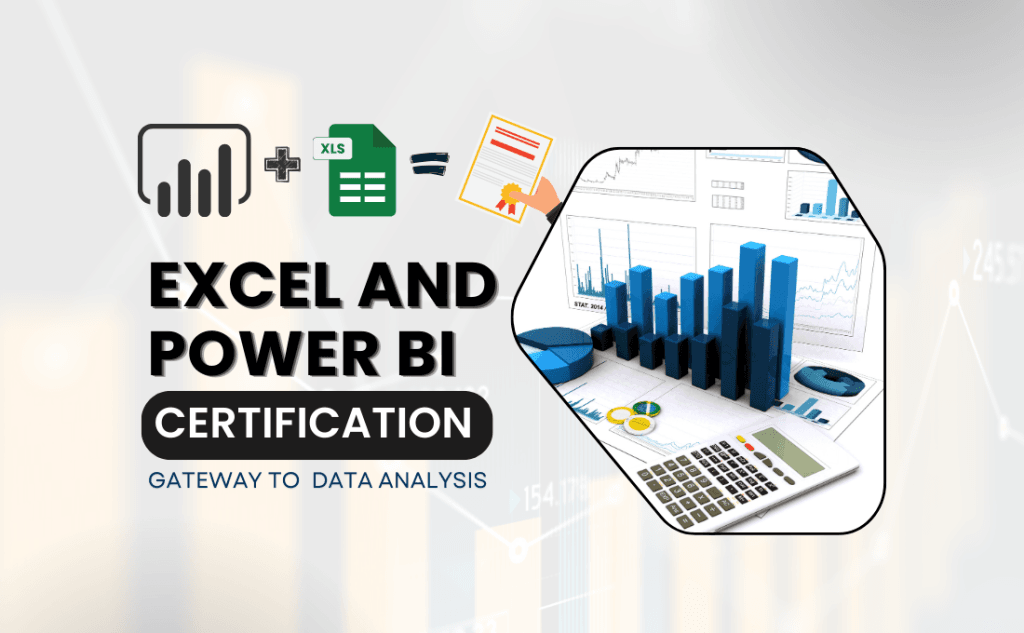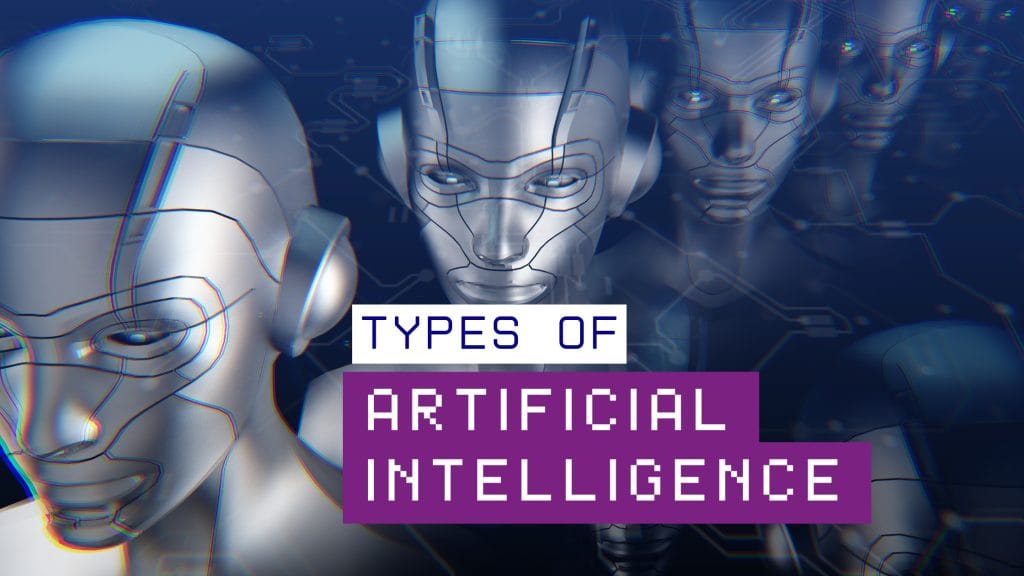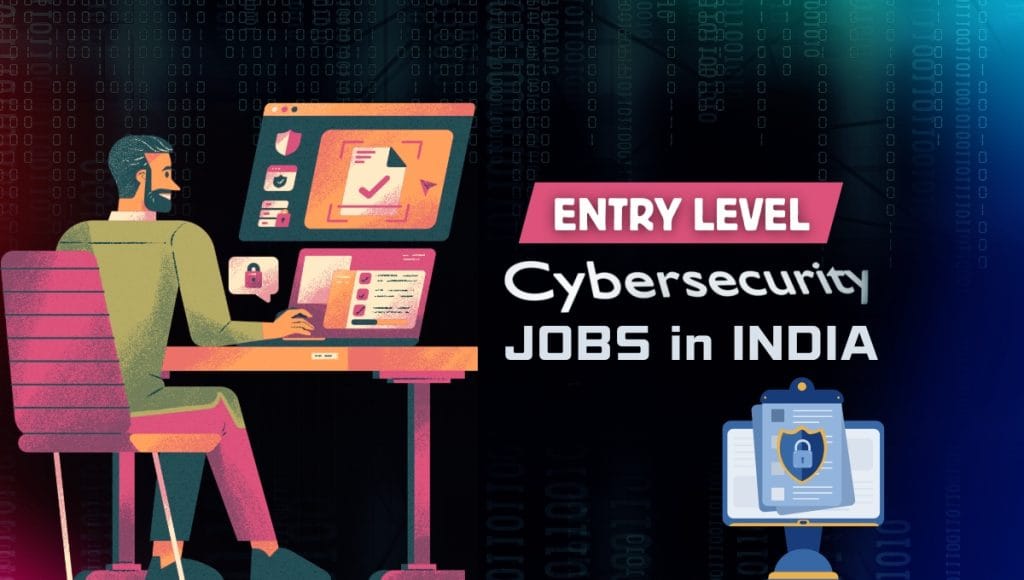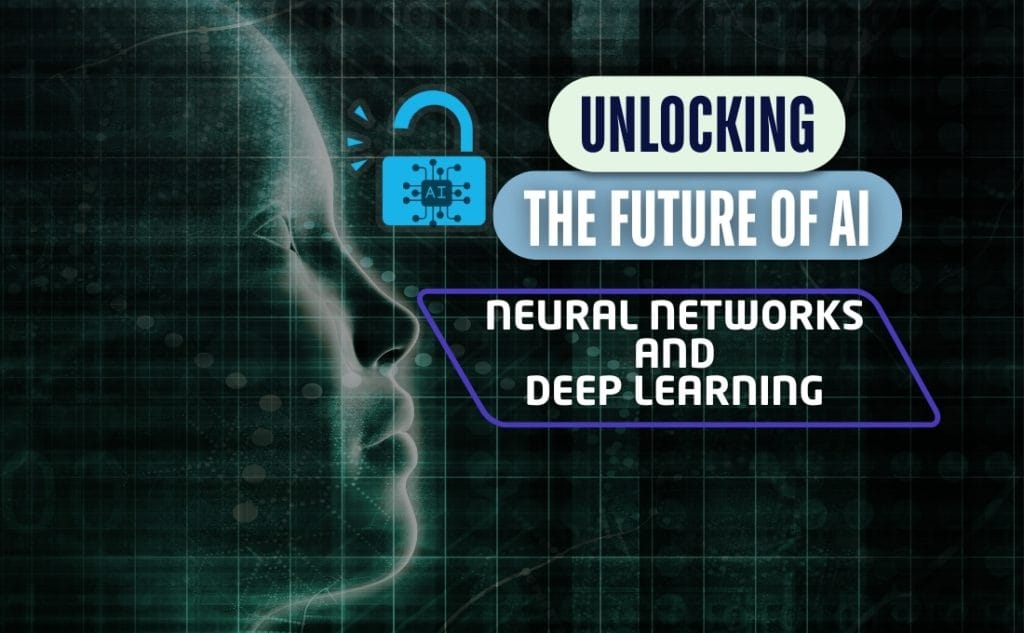PGP in Cyber Security and Ethical Hacking
- Certification Courses, IT Courses
- 791 (Registered)

Energize your Cybersecurity progression with SkillSchool!
.
Duration: 9 Months
Live Online Classes: Interactive one-on-one Learning
6 Months focus on Course Module and 3 Months of Capstones, Soft skills training, and interview preparation
Fresh Graduates can also join
Industry-experienced trainers: Learn from the best
Industry-Based Curriculum: Course modules tailored to the IT sector by blending the latest trends
Exploring key concepts in Cybersecurity and Networking
10+ Industry Graded Projects
Soft Skills Training: Overall skill development
Job Preparation Support: Resume writing activities, and Mock Interviews
We are living in a digital society where everything from banking to commercial activity is done online. The risk of cyber attacks has escalated enormously. With cyber threats becoming increasingly sophisticated, the demand for efficiently skilled cybersecurity professionals is soaring. These attacks can range from data breaches and ransomware to advanced persistent threats that target personal and sensitive information and disrupt critical business operations. According to Cybersecurity Ventures, the costs of global cybercrime are projected to reach $10.5 trillion annually by 2025. This alarming number outlines the immediate need for a robust defence mechanism against cyber threats, creating a huge demand for skilled cybersecurity experts. The Postgraduate program in cyber security and marketing, designed by Skillschool, provides you with the knowledge and skills needed to defend against the threats posed by cybercriminals and ensure the security of digital information.
Program Overview
The Postgraduate program in cybersecurity and networking is aimed at providing an in-depth understanding of cybersecurity and networking concepts and practices. Spanning a minimum of 9 months, the program is designed for flexibility, offering an online experience that allows you to learn from anywhere while balancing your other work commitments. The program is created in consultation with industry experts and in-house faculty and combines cybersecurity concepts with hands-on experience, ensuring that even recently graduated aspirants are well equipped to tackle the challenges of cybersecurity threats and thwart any malicious attacks on the digital assets of the organization.
Highlights of the program
- Comprehensive curriculum designed to build industry relevant cybersecurity and networking skills using the tools and techniques preferred by industry leaders.
- Interactive sessions with industry professionals, well qualified faculty and domain experts from the cybersecurity world to understand the industry challenges and solutions.
- Networking opportunities through guest lectures, workshops and online knowledge exchange sessions with peers and domain specialists in cybersecurity to enhance your learning experience.
- Practical learning experience through capstone projects with faculty guidance as part of the online program.
- Dedicated program support to help you with any queries encountered during the program.
Course Content
Energize your Cybersecurity progression with Skillschool
Module - 1: Fundamentals of Cyber Security
The course equips students with the knowledge of using MS Excel to organize and analyze financial data and models and for appropriate presentation of financial information. This module intends to familiarize students with MS Excel’s key functions, formulas and techniques for employing MS Excel as a potent tool for budgeting, financial modelling and informed decision-making. Students will explore basic and advanced Excel functions including Spreadsheets, Charting, Data Visualization, Pivot Tables, VLOOKUP, Macros, etc.
Module - 2: Text Processing
This module explores the various types of economic systems, their characteristics, and their impact on banking and finance. Students will delve into an extensive analysis of the interplay between economics and financial institutions, and the role of financial institutions in different economic systems.
Module - 3: Preliminary course to start Cyber Security
The module gives students exposure to the primary functions of banks, including accepting deposits, lending, wealth management, and payment services. Students will develop a complete understanding of the bank’s contribution to economic development, by the performing functions of accepting deposits and offering loans and financial services. The module will also explore the processes of banks managing deposits, lending, and investment activities. Students may also expect to learn the significance of credit creation and its impact on the economy. Delve into the bank’s ancillary functions such as wealth management, payment processing, and risk management through this module.
Module - 4: Introduction to Ethical Hacking
This module focuses on the strategies and techniques used by banks to sell products and manage client relationships effectively. Students can expect to learn strategies for effective banking sales, customer relationship management, and client retention. The module delves into the importance of building strong customer relationships in banking. Develop sales strategies tailored to different banking products and customer segments and learn the dynamics and importance of cross-selling and upselling in banking sales.
Module - 5: Footprinting and Reconnaissance
The module engages students with the various financial products that banks offer, their features and benefits. Students will learn the methods involved in matching the different types of financial products with customers’ needs based on their goals and risk tolerance. The module also delves into the regulatory aspects and consumer protection laws related to financial products. The core topics include savings accounts, loans, mortgages, insurance, brokerage and investment products.
Module - 6: Scanning Networks
This module equips students with a solid foundation in accounting principles and financial mathematics. Students will learn the application of mathematical models in financial planning and wealth management. The module will cover the core accounting principles and financial mathematical concepts like accrual accounting, Payment, Annuity streams, Financial transaction yield, Credit calculations, perpetuities, Bond duration, time value of money, etc. In addition to developing a solid understanding of the core concepts, students will learn wealth management scenarios like investment analysis and retirement planning.
Module - 7: Enumeration
Students will delve into the principles of risk management, auditing, and compliance in the banking sector. The objective of this module is to prepare students with the bank’s fundamental practices of identifying, assessing, and mitigating financial risks while ensuring regulatory compliance. The core topics in the module include types of financial risks, credit, market and operational risks, internal and external audits and their roles in ensuring regulatory standards and financial integrity. Students will also learn the principle practices of implementing risk management frameworks and ensuring adherence to compliance guidelines.
Module - 8: Vulnerability Analysis
This module is a comprehensive study of the features and security challenges involved in mobile banking. The module will begin with an overview of mobile banking, its development and adoption of mobile banking services and move into the security measures and challenges, and the influence of mobile banking on financial inclusion and customer engagement.
Module - 9: System Hacking
In this module, students will explore the various tools, strategies and techniques vital for wealth management. Students will learn the essentials of banks providing tailored financial services to enable them to achieve their financial goals. This chapter explores the principles of asset allocation, diversification, and portfolio management, Techniques for estate planning, retirement planning, and tax optimization, and the impact of financial advisors and their influence in the management of client relationships and providing personalized advice.
Module - 10: Malware Threats
This module dives into the structure and evolution of the Indian Banking system, including public, private, and cooperative banks and explores the diverse roles across varied types of banks and financial institutions. Students will learn about the Indian banking structure and performance, the regulatory measures governing the banking industry, and their contribution to economic progress.
Module - 11: Sniffing
The module delves into the roles of central banks focusing on the Reserve Bank of India. It will cover the monetary policy, their regulatory powers and supervision in the financial system. students will also learn about currency issuance, tools utilized by central banks for controlling interest rates, money supply and RBI’s regulations of the banking system, ensuring the stability of the economy.
Module - 12: Social Engineering
This module will give students exposure to the financial instruments and products that facilitate trade and commerce both at domestic at international levels. The core topics include letters of credit, trade credit insurance, bank guarantees, documentary collections, and factoring. Students will also learn how banks facilitate international trade and mitigate risks like currency fluctuations, payment delays, etc. The module also includes understanding the aspects of trade finance, including compliance with international trade laws.
Module - 13: Denial-of-Service
This module is an exploration of the integration and impact of technology on the banking industry, the shift from traditional to digital platforms in banking and the implementation of technological methods for delivering banking services. Topics include online banking, mobile apps, blockchain and fintech innovations. Students will also deep dive into the benefits and challenges of digital banking, security concerns and customer adoption.
Module - 14: Session Hijacking
This module presents a comprehensive skills development in reading and analyzing financial statements like balance sheets, income statements, and cash flow statements. Students will learn to assess business financial health, fundamental accounting methods and their influence on financial statements. They will learn key financial ratios and their interpretation for assessing profitability, liquidity, and solvency.
Module - 15: Evading IDS, Firewalls and Honeypots
This module is a comprehensive study of the financial management of corporations, including capital structure, funding, mergers and acquisitions, and corporate governance. Students will learn about decision-making processes in corporate finance. The model will cover key topics like corporate finance management, investment decisions, capital structure, capital budgeting (NPV & IRR) and funding, trade-offs between debt and equity financing, mergers, acquisitions, and other strategic financial decisions.
Module - 16: Hacking Web Servers
This chapter focuses on India’s financial regulatory bodies like RBI, SEBI, and IRDAI. The objective of this module is to enable students to understand the roles and influence of regulations in shaping the banking and financial sectors. The topic will include the roles and guidelines of regulatory bodies, functions, impact, etc. The module aims to impart to students the knowledge about these bodies enforcing compliance and maintaining financial stability and how regulatory changes impact the banking and financial services industry.
Module - 17: Hacking Web Application
The module aims to explore the evolution of Internet banking, its advantages, and associated risks. Students will learn about the development and security of Internet banking services and how it is marketed to customers. The chapter includes identifying the benefits of Internet banking for both the banks and customers, the technological infrastructure involved and the risks associated with this platform.
Module - 18: SQL Injection
This module is an in-depth examination of the legal and regulatory frameworks surrounding anti-money laundering (AML), know-your-customer (KYC) requirements, and compliance in banking. Students will learn the processes and procedures involved in assuring effective AML and KYC measures, the regulatory requirements and the role of compliance officers in preventing financial crimes.
Module - 19: Hacking Wireless Networks
Module - 20: Hacking Mobile Platforms
Module - 21: IoT Hacking
Module - 22: Cloud Computing
Module - 23: Cryptography
Module - 24: Dual Specialization
- Key Features
- Requirements
- Target Audiences
Interactive learning experience
The program is delivered in online mode with a 9-month duration. The program’s format includes live sessions, interactive projects, and self-paced modules.
Structured Learning Path
The program provides an accessible and structured learning path covering all the essential aspects of cybersecurity and networking. The curriculum encompasses foundation principles to advanced concepts ensuring comprehensive knowledge acquisition.
Ease of access
This online program can be accessed from anywhere and provides the facility to attend recorded sessions in case you miss any lectures.
Export and dedicated mentorship
Master the cybersecurity program with guidance from experienced faculty and industry experts who offer valuable feedback and insights. This will help you handle the complex issues in cybersecurity and career progress.
Hands-On Industry Projects and Expert Mentorship
Engage in real-world industry projects and benefit from personalized mentorship.
Experiential Learning
Through capstone projects and industry relevant assignments, you will gain hands on training experience that prepares you for real challenges in the cybersecurity world.
Round the clock Support
Avail 24/7 assistance for all your queries related to the program.
Placement Assistants
Dedicated career support right from resume building and review, and interview preparation to information on current job opportunities, the placement assistance services have been designed to help you secure ideal cybersecurity jobs.
Flexible Learning with Live and Recorded Sessions
Take advantage of a blend of live classes and recorded lectures, offering flexibility to fit your schedule.
- Candidates must possess a Bachelor’s degree, with a minimum of 50%, preferably in computer science or IT related domains.
- Candidates must have a good academic record with a minimum of 50% in their 10th or 12th grade.
- Age should be less than 27 years.
- Adequate interpersonal and communication skills.
- Passionate about enhancing cybersecurity and networking skills.
- Graduates and postgraduates – Fresh graduates or postgraduates from IT or related fields who are eager to start their careers in the cybersecurity domain.
- IT professionals – Aspiring candidates who want to enhance their existing skill set in cybersecurity.
- Software engineers and IT analysts – Professionals seeking to leverage their technical background and pivot their careers into cybersecurity roles.
Program Outcomes
- Enhanced data and information security.
- Mitigate risks by implementing sophisticated security policies and processes to identify, manage, and reduce risks in your organization.
- Understanding the cloud security.
- Understanding the legal implications, audit processes and privacy concerns associated with the cloud environments to ensure compliance and safeguard sensitive information.
- Develop expertise in IT compliance and integrity within enterprise systems.
- Mastering essential cybersecurity tools such as Nmap, Burp Suite, Netsparker, Acunetix, Metasploit and others to enhance practical skills and attending any vulnerabilities.
Program FAQS
The future outlook for cybersecurity professionals is bright with an increasing demand in the job market. Upon completion of the program, you can pursue roles such as cybersecurity analyst, ethical hacker, network security engineer, information security specialist, and IT auditor. Some of the popular roles include:
- Security Analyst: Monitors and defends an organization’s networks and systems against security breaches. They analyze security incidents and implement security measures.
- Security Engineer: Designs and builds secure systems and networks. They work on implementing security controls and ensuring the infrastructure is resilient against attacks.
- Penetration Tester (Ethical Hacker): Conducts authorized simulated attacks on systems to identify vulnerabilities. They provide insights on how to strengthen security measures.
- Security Consultant: Advises organizations on how to protect their assets and improve their security posture. They assess risks and develop strategies for mitigating them.
- Incident Responder: Responds to security breaches and incidents. They investigate incidents, contain breaches, and implement recovery plans.
The pre-requisites for enrolling in the program are:
- Bachelor’s degree with 50%.
- Preferably with an understanding of computer science or IT.
- Interpersonal and communication skills.
- Prior experience in IT is preferable but not mandatory.
During the program, the students can avail 24/7 assistance for all program related queries and also job support after completion of the program.
Some of the major benefits of this program are:
- Comprehensive skills development
- Sustained career progression
- Industry relevant projects and assignments
- Placement assistance
The program is delivered through online mode via interactive lectures over a 9-month duration.
Yes, cybersecurity and networking holds great promise as a career option. Please find the reasons:
- Diverse job opportunities.
- Competitive compensations.
- Persistent learning
- High demand and low availability.
Here are some of the most important topics in the program:
- Vulnerability Analysis
- System Hacking
- Malware Threats
- Denial-of-Service
- Social Engineering
- Evading IDS, Firewalls, and Honeypots
- Cloud Computing
- Cryptography
- IoT Hacking
Cybersecurity refers to the practices, technologies, and processes designed to protect computers, networks, programs, and data from unauthorized access, damage, or theft. It encompasses a wide range of measures, including:
- Network Security: Protecting the integrity and usability of networks and data.
- Application Security: Ensuring software applications are secure from threats throughout their lifecycle.
- Information Security: Safeguarding data from unauthorized access and ensuring its confidentiality, integrity, and availability.
- Operational Security: Protecting the processes and decisions for handling and protecting data assets.
- Disaster Recovery and Business Continuity: Planning for recovery from cyber incidents and continuing operations.
- End-User Education: Training users about safe practices and potential threats.
Importance of Cybersecurity
- Protection of Sensitive Data: Cybersecurity helps safeguard personal, financial, and proprietary information from breaches and theft, which can lead to identity theft or financial loss.
- Maintaining Trust: Organizations that prioritize cybersecurity can maintain the trust of their customers, partners, and stakeholders, which is essential for business continuity and reputation.
- Compliance: Many industries are subject to regulations that require the protection of sensitive data. Effective cybersecurity helps organizations comply with legal and regulatory requirements.
- Preventing Financial Loss: Cyberattacks can lead to significant financial losses through theft, fraud, or disruption of operations. Investing in cybersecurity can mitigate these risks.
- National Security: Cybersecurity is critical for protecting national infrastructure, including power grids, transportation systems, and communication networks, from cyber threats.
- Increasing Cyber Threats: As technology advances, cyber threats become more sophisticated. Cybersecurity is essential to counteract these evolving threats and vulnerabilities.
Articles and Blogs
Explore our expansive learner’s resources and gain insights about the latest industry trends and topics spanning diverse disciplines.














